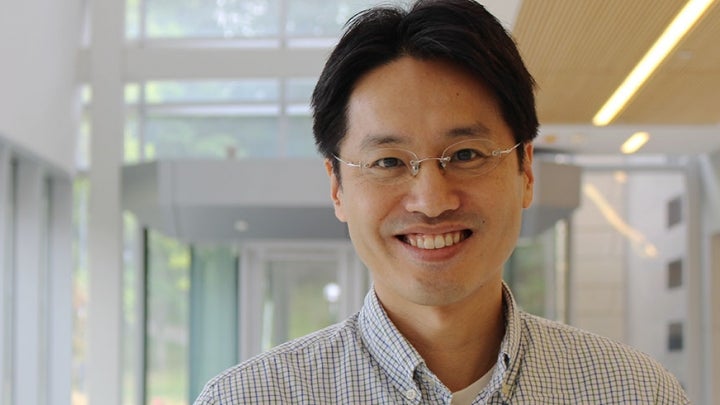Rapid identification of low-abundance molecules in biological systems is critical for gaining a complete understanding of bio-transition processes and diagnosing / prognosing diseases at an early stage for precision human healthcare. However, many of these biosensors still fall short of satisfying both the speed and sensitivity required for timely diagnosing and intervening life-threatening critical illnesses resulting from severe infection, trauma, surgery, and immunotherapy side effects. Because molecular detection sensitivity and speed are fundamentally mutually exclusive in biological sensing mechanisms, it is currently difficult to produce biomedical sensing structures and systems that are simultaneously sensitive, fast, accurate, and localized. To bridge this gap, first, I introduce integrated optoelectronic molecular detection method. The creation of plasmonic and 2D optoelectronic structures as well as their integration into optoelectronic Point-of-Care (POC) microsystems for the highly sensitive and rapid molecular detection methods based on bio-tunable detection principles will be covered. This integrated POC biosensing system enables highly sensitive detection of cytokines and biomarkers related to immune response, cancer, and metabolic processes in real-time level manner. Second, I will talk about highly sensitive and specific biomolecular detection based on the quantum biological plasmonic resonance energy transfer (PRET). The PRET optically captures real-time ET in cytochrome c redox dynamics during cellular apoptosis in living cells. The non-invasive real-time PRET spectroscopic imaging of ET in live cell open a new era in life sciences and medicine by providing a way to capture spatiotemporal ET dynamics and to reveal the quantum biological mechanisms. From the biomolecular ET detection to the integrated optoelectronic system level, I show that high-sensitivity, high-speed, and astonishingly specific biomolecular sensing can be achieved and will be warmly welcomed by precision medicine, cancer prognosis, infectious agents, and basic life sciences.

Young Geun Park is an Assistant Research Scientist in the Department of Mechanical Engineering at the University of Michigan, Ann Arbor. He received his PhD in the School of Chemical Engineering from the Seoul National University in 2004. From 2004 to 2009, he was a senior researcher at Samsung. As a project leader, he led two key projects to develop a nano/microstructure patterning process. From 2010 to 2013, he was a Postdoctoral Researcher in the Department of Bioengineering at the University of California, Berkeley, where he was involved the development of a novel plasmonic sensing mechanism based on single-particle spectroscopy and the development of fabrication methods for plasmonic nanostructures. Currently, as a PI and Co-PI, he is leading several projects supported by federal government and industries at the University of Michigan. His current research focuses on developing integrated systems for biomedical applications using nanoplasmonic components and optofluidic systems. He has conducted research on a novel plasmonic sensing technology and has significantly advanced the fields of nanoplasmonics and biosensors. He has published 60 peer-reviewed journals, including Nature Nanotechnologies, Nano Letters, Advanced Functional Materials, Nano Letters, etc. Dr. Park is a member of American Association for the Advancement of Science.


